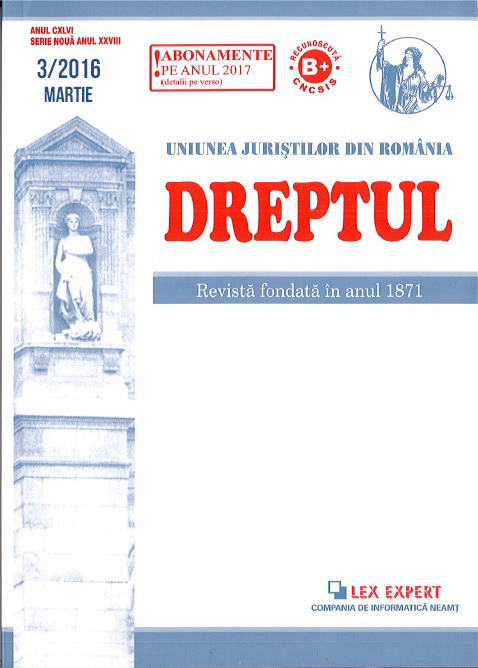This approach is meant to carry out a brief examination of the control which the judge is required to perform on the acts of disposition of the parties in the civil trial. It refers to the main sides of availability and, especially, to the presentness and imperativeness of such a control. In this context, the author notes that the new Civil Procedure Code has not abdicated from the active role of the judge, this being far from the peak of its „glory”. Likewise, the author analyzes the procedural ways of invalidation of the acts of disposition, first noting the incidental legislative regulation both with regard to the transaction and to the judgment that confirms the agreement of the party. It is noted that, from a normative point of view, the party does not have an option right between the exercise of the action for annulment and the means of recourse against the judicial transaction. At the end of the study, the author analyzes some aspects of the recourse which can be exercised against the acts of divestment and acquiescence to the claims of the applicant.


